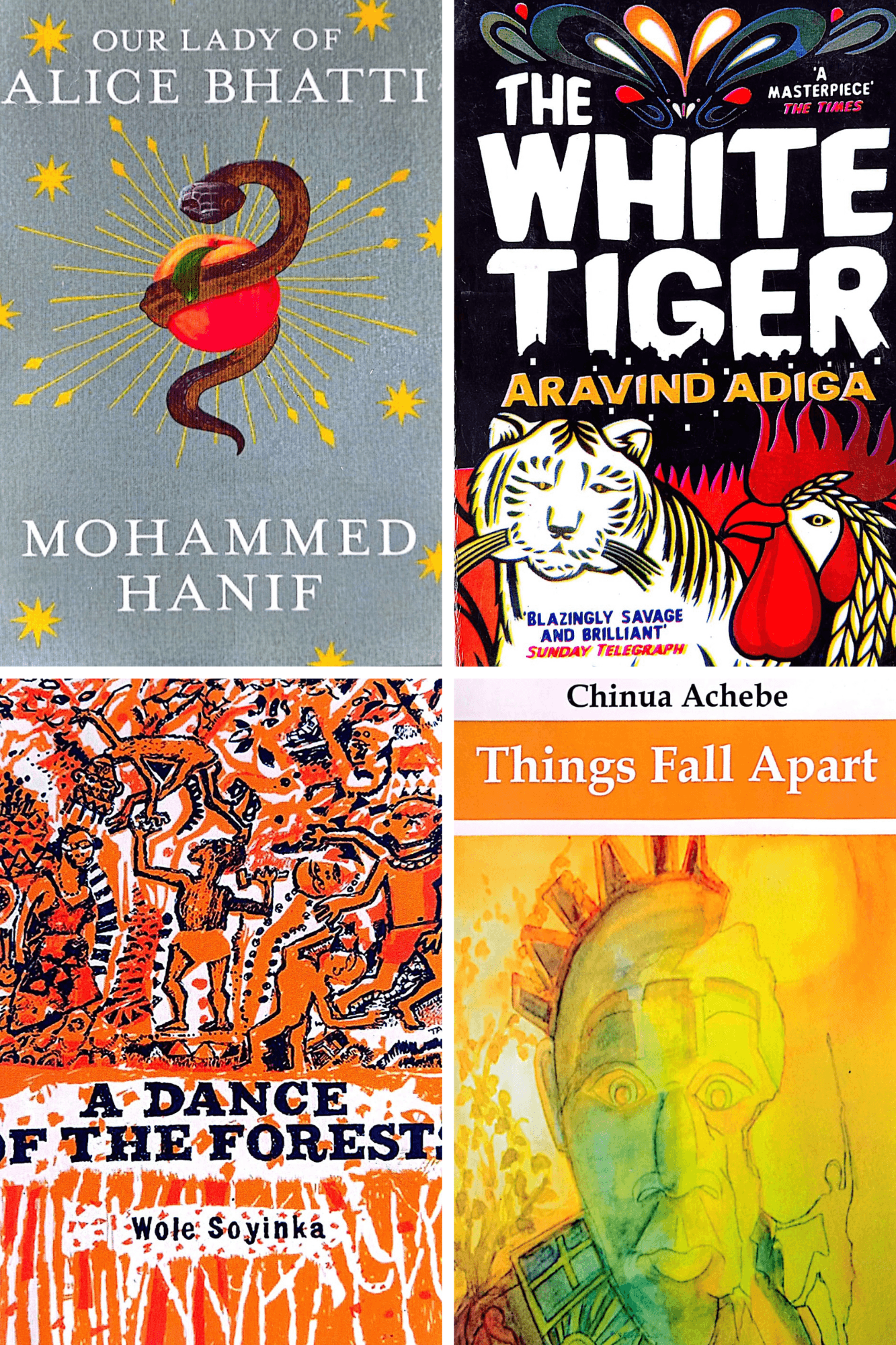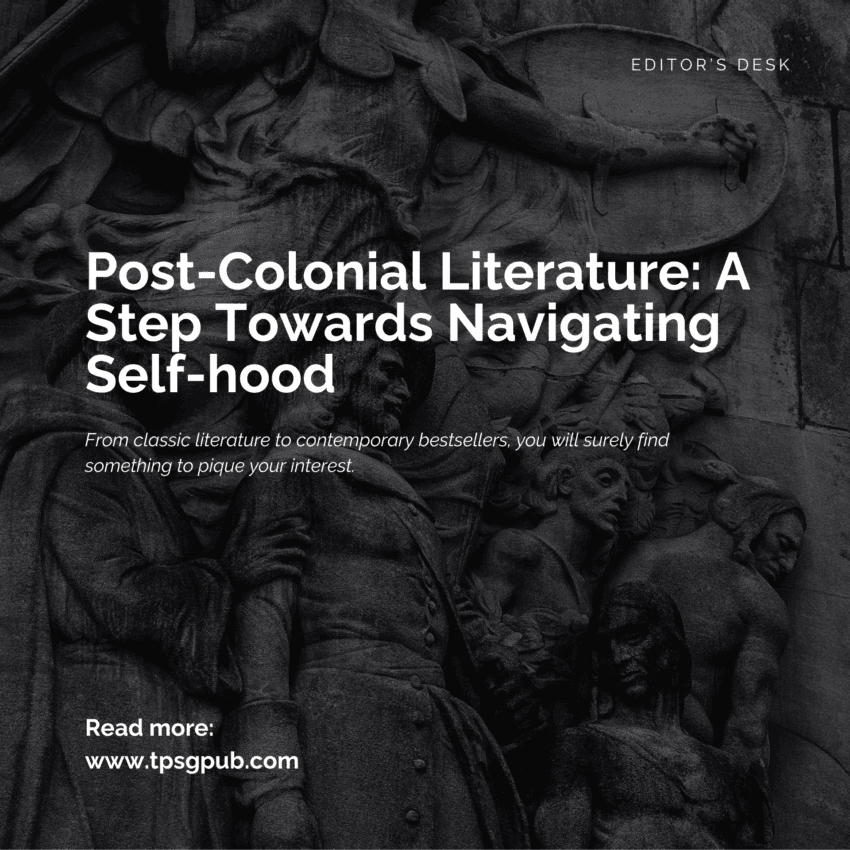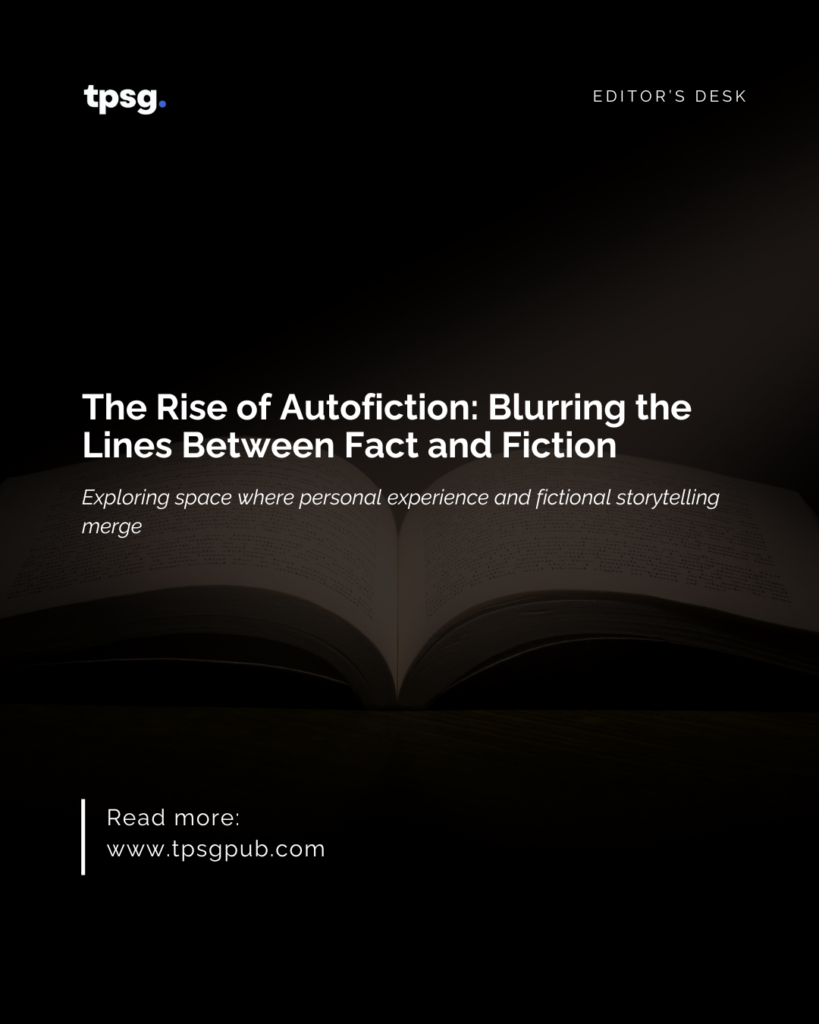Postcolonial literature addresses the issues of formerly colonized nations and often focuses on the deterioration of culture, history, and identity within such nations while also talking about socio-political instability occurring as a result of colonialism in such regions. This area of literature encompasses works from diverse regions ranging from Africa, South Asia, the Caribbean, highlighting the experiences and lifestyle of people who were the immediate victims of colonial powers and their descendants who are, to this day, struggling to reclaim their identity, heritage, culture, and values. Postcolonial literature, thereby, addresses the brutal past while also manifesting the presence of a future free of subjugation and inferiority complex ingrained within the colonized people’s mindset by the colonial regime.

As several colonized nations started their independence movements, a need for a literary platform arose through which a record of experiences and historical events faced by colonized people could be penned down without external intrusion or dilution of the narratives. Thence, postcolonial literature emerged as a branch of literature. Critics such as Edward Said, Gayatri Spivak, and Frantz Fanon provided their revolutionizing critique of the dominant regime and put severe emphasis on the decolonization of the victims on regional and psychological level as well. Said rebuked the stereotypical representation of the East by the West and asserted that we are in dire need of deconstructing this narrative. He asserted a reexamination of such narratives in an effort to unearth the complex, multi-layered identities of the colonized nations.
Likewise, Spivak focuses on the issues faced by the colonized people, especially women, and criticizes their wrongful representation and subjugation by the hegemonic regime even after independence. Fanon, while sympathizing with the colonized and their difficult life after gaining independence, blatantly criticizes and reprimands the ‘national bourgeoisie’ who follow the steps of the colonizer and dictate the nation instead of rebuilding it as a democratic nation.
The aforementioned critics, along with several others, address the issues of the previously colonized nations, criticize the dominant regime for their wrongdoings, while also providing a looking glass to the newly independent nations of their shortcomings.
Thereby, these critics pave the way for the common man to reevaluate their lifestyle, thus urging them to take the right step towards navigating selfhood. Authors like Jamaica Kincaid, Chinua Achebe, Bapsi Sidhwa, and several others explore the lasting impact of colonization on nations and how as a result of decades of subjugation, dehumanization, and suppression, nations living in colonial societies have lost their sense of belonging. What started as a regional subjugation of one nation by another, now seems to have poisoned its way into the very roots of origin and heritage of the victim society to such an extent that even after gaining independence, nations are mentally controlled by the western narratives.
Caribbean writer Jamaica Kincaid’s A Small Place is a stunning critique of the Antiguan government for its wrongful exploitation and glorification of the natives, corruption, and intentional failures. It also highlights the lingering impact of colonial rule on the nation’s day-to-day life as it struggles to navigate the challenges of identity and nationhood after being subjugated for so long. If we talk about African literature, Chinua Achebe’s work is a quintessential representation of postcolonial literary themes including clash between tradition and modernity, self-versus-community, past and present, and cultural identity. His infamous novel Things Fall Apart provides an extensive criticism on the destructive power of colonial rule. Achebe expounds upon this severe obliteration of the indigenous cultures by writing a detailed account of Igbo people’s lifestyle. Achebe encapsulates the anxieties of fractured identities, hybrid cultures, and liminal existence between the past and the present through his novel, while also presenting an authentic account of how fragile a postcolonial nation is.
In much the same manner as the aforementioned authors, South Asian writer, Bapsi Sidhwa offers an intense postcolonial critique in her novel Ice Candy Man by penning down the debilitating impacts of colonial rule on South Asian societies. Sidhwa, while pointing out how colonial legacies and opinions shaped the mindset of the relegated natives, also puts emphasis on themes of gender inequalities, cultural hybridization, and identity fragmentation. The characters of her novel, much like those of Kincaid and Achebe’s characters, struggle to maintain a coalesced and firm identity that is representative of a non-volatile society.
All the aforementioned authors and critics, along with hundreds of others, wrote for the natives. They denounced the atrocities committed by the dominant class, while also sympathizing with the issues faced by the relegated class. Their work, much like the nations of the postcolonial era, reinstates a step towards reclaiming individual and collective identity, restoring the pre-colonial socio-cultural values and beliefs, and ultimately attaining an ideal form of selfhood devoid of any impurity introduced by the colonial times. Thus, the newer self, the righteous self, denounces the shattered identity and re-emerges as a self that is whole.




